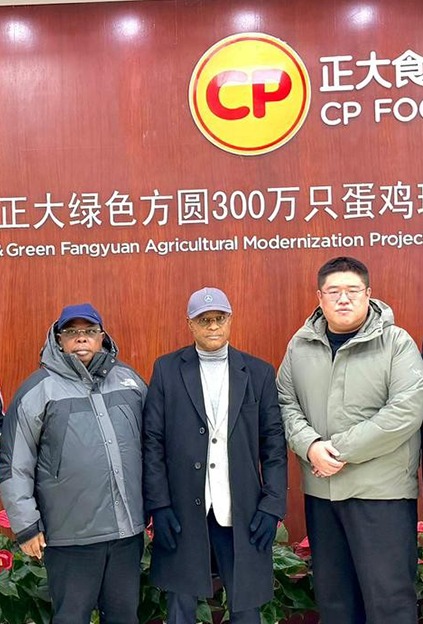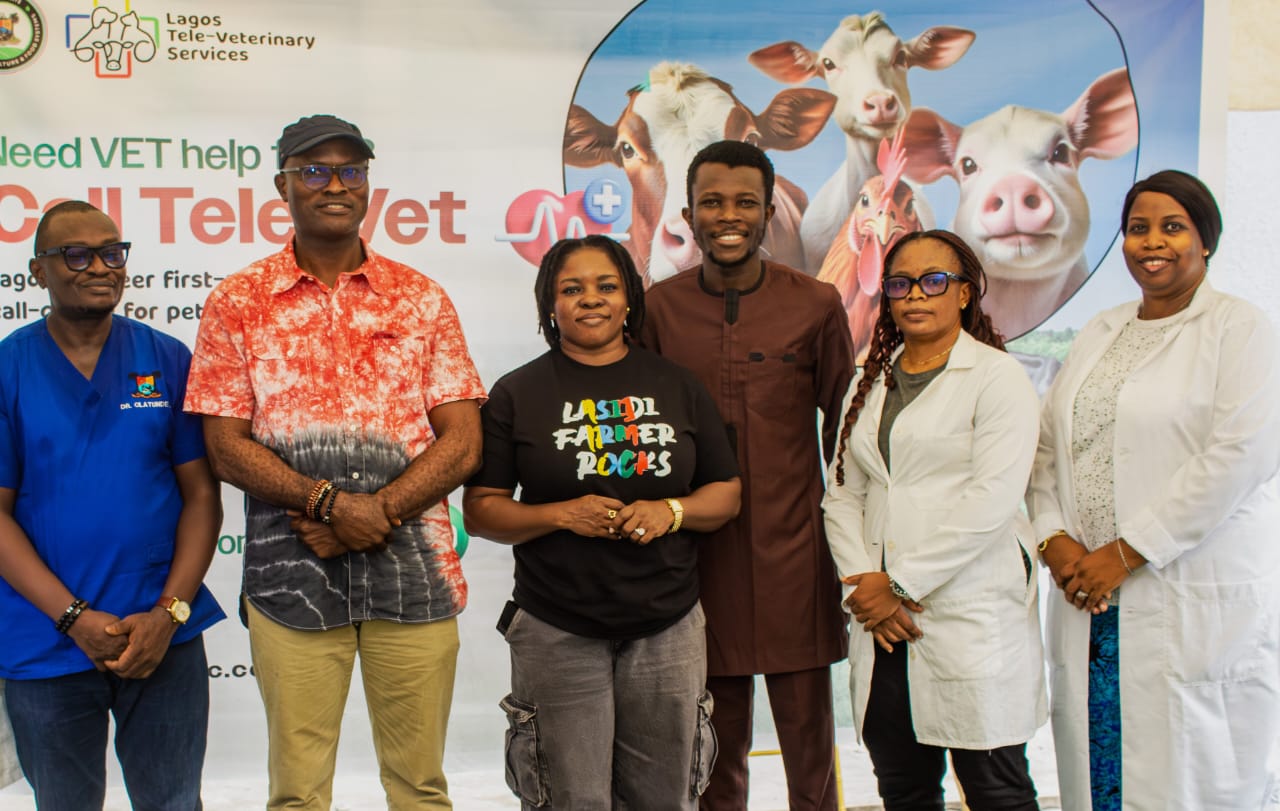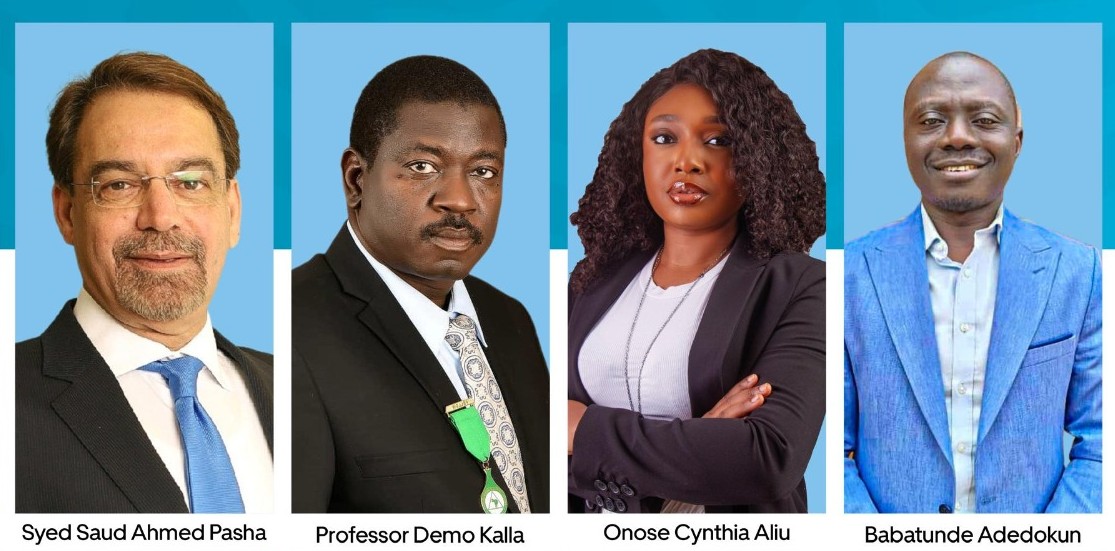Food Security: Lagos Set To Enhance Supply Of Wholesome Beef
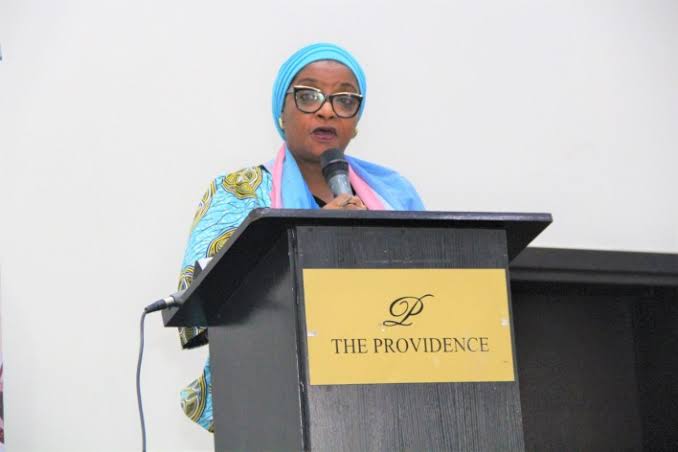
The Lagos State Government on Friday said strategic plans are being developed and implemented to bridge the annual 1.380 million deficit in red meat consumption as part of measures to boost food security across the State and also enhance the supply of wholesome beef in Lagos.
Permanent Secretary, Ministry of Agriculture, Mrs. Olatokunbo Emokpae, disclosed this in her address at a workshop organised by the State Government, in collaboration with the Food and Agricultural Organisation (FAO) of the United Nations, on the Technical Cooperation Facility Project Feasibility and Value Chain Analysis of the Red Meat Value Chain, particularly the Cattle Feedlot Estate in Lagos,
Emokpae said the workshop was aimed at exposing investors to the investment opportunities available in the Ministry’s Feedlot Estate Project which span cattle production, processing, logistics, beef marketing and distribution, among others.
She added that the workshop was also targeted at identifying the project capacity needs, evaluating environmental issues that could arise during its implementation and proffering solutions to mitigate them.
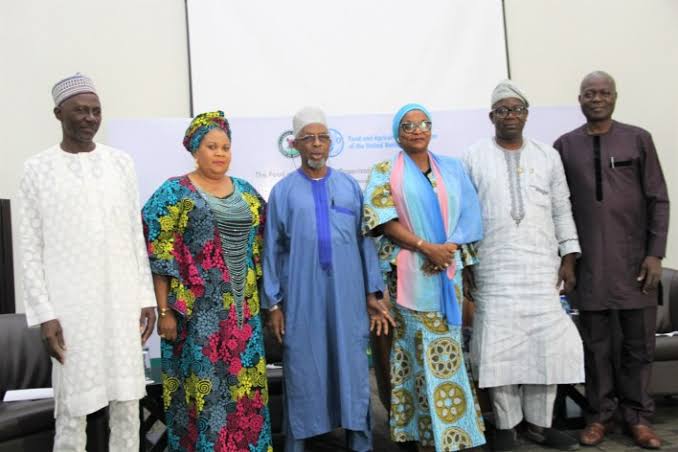
She explained that in view of the inherent economic potential of cattle production, and the need to enhance the supply of wholesome beef in Lagos, and by extension contribute to the attainment of the State’s food security agenda, the administration of Mr. Babajide Olusola Sanwo-Olu has established a Cattle Feedlot project for which a 750Ha parcel of land was acquired at Igbodu, Epe.
So far, Emokpae said, a total of 250Ha has been cleared and parcelled into lots of 5Ha each for allocation to investors, adding that the feedlot project will also facilitate beef traceability among many other health benefits for Lagosians, generate income for investors, create jobs and stimulate economic activities within the project community.
While calling on all development partners and investors to join the state in actualising the dream of making Lagos food-secured, Emokpae said, aside from the feedlot project, opportunities also exist in other areas of the red meat value chain of which investors can take advantage and make good returns on investment. These include the establishment of 18 semi-mechanised and eight mechanised abattoirs established in various locations across the State.
In her words, “The State Government has also established meat hubs and model meat shops with a view to improving current levels of meat hygiene, guaranteeing food safety, and raising consumer confidence. Transportation and Logistics of live animals and carcasses to satellite abattoirs and markets respectively through specialised and licensed delivery systems”.
“The export potential of the red meat value chain is also quite viable. tripe, cattle horn, hides and others are exported to countries in Europe and Asia for value addition. For example, cattle horns are very valuable for making high-value cups, saltshakers, cutlery, key holders, necklaces, and many other products which constitute part of a multi-billion-dollar industry on the international market.
“In this regard, the present administration is blazing the trail through the establishment of the Lagos State By-Product Processing Centre at Oko-Oba Agege. This Centre, which is the first of its kind in the country, is almost at the completion stage,” Emokpae said.
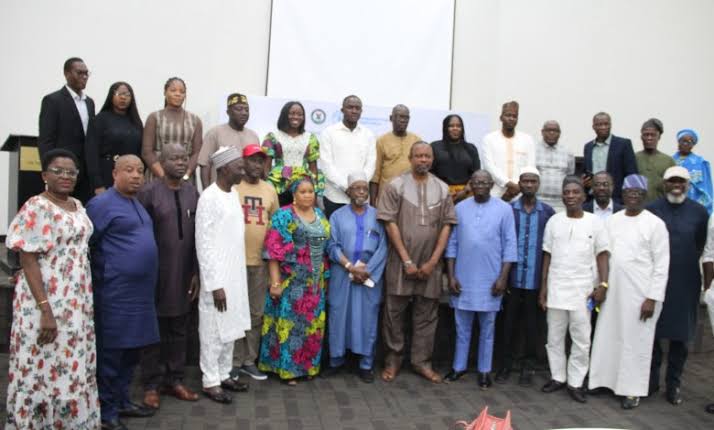
In his remarks, the representative of FAO in Nigeria, Mr. Fred Kafeero, who was represented by Mrs. Adeola Akinrinlola, commended the State Government for demonstrating high commitment to develop the livestock sector through the establishment of the cattle feedlot farm and expressed the readiness of FAO to provide a timely, efficient and cost-effective range of managerial and technical advisory services to ensure the success of the initiative.
Earlier, in his welcome address, Director of Veterinary Services, Lagos State Ministry of Agriculture, Dr. Rasheed Macaulay said the importance of feedlot to the development of a state cannot be over-emphasised as it helps to increase the efficiency of the beef and dairy industry.
He said the project was intended to relieve the economic challenge of the unpredictable cost of cattle that is being dictated by the cattle merchants operating in the State, while also helping to forestall outbreaks of cattle disease and the possibility of zoonosis, an infectious disease that is transmitted between species from animals to humans or from humans to animals.




